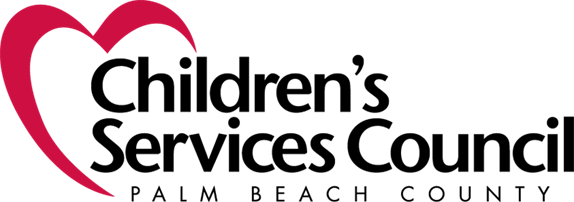Say Cheese! All About Children’s Dental Health
February is National Children’s Dental Health month! In addition to being good for smiles, healthy teeth help children to chew and speak clearly. Even babies and young children should have their teeth brushed and their gums cleaned, so that one day, their baby teeth can make way for healthy adult teeth. In addition to brushing well, you can help keep your child’s teeth healthy by limiting sugary foods and drinks, and steering clear of sticky foods. There are easy ideas to ensure your child’s smile stays shiny and strong.
Fun Tips for Brushing Teeth
For some young children, brushing teeth is a learned skill. And as they get older, children may want to brush their teeth themselves, but don’t yet have the skills to get to all their back teeth. My child is at the stage of wanting to do everything himself, but he’s not great at brushing his own teeth, and is usually more interested in squeezing out way too much toothpaste. Here are some ways you can help make brushing fun and efficient:
- Choose toothbrushes with colors and characters that your child enjoys. For example, my child loves his Spiderman toothbrush. You can also buy toothpaste in a flavor your child likes- many come in flavors such as watermelon, cherry, or mint. Your dentist will tell you what the appropriate amount of toothpaste is depending on your child’s age- for many, it’s just a smear or pea-sized amount.
- Find a song that’s around two minutes long, and dance along while you brush your teeth until the song is over. This turns the act of brushing teeth into a dance party!
- Have your child look at their teeth in the mirror and count them. Practice different poses and smiling in the mirror and explain that brushing helps keep teeth nice and strong. Grab a stepstool and let your child stand over the sink while brushing and rinsing. If they want to brush their own teeth, go back over them yourself once they’re done.
Going to the Dentist
All new experiences will require some getting used to. For kids going to the dentist for the first time, it can be helpful for them to know what to expect. Here are some tips on how to prepare:
- It’s recommended that children visit the dentist when their first tooth comes through. Take this time to find a pediatric dentist that fits your family. Let the staff know that it is your child’s first time.
- ·Make the appointment at a time of day when you know your child will be feeling their best. This could be in the morning after a good night’s rest, or in the afternoon after a healthy lunch.
- Read books and show children pictures of what a dentist’s office looks like. Talk to them about the bright lights, the chair that moves up and down, and the trays of instruments that the dentist will use to look at their teeth.
Model Good Dental Behavior
You are your child’s first teacher, and the best thing you can do to promote good dental health is by taking care of your own teeth! Here are some things to keep in mind:
- Be calm and confident when taking your child for their visit.
- Brush your own teeth twice a day, and floss once a day. Brush your teeth together with your child. By being a good role model, we can show our children that everyone brushes every day!
Brushing well, eating healthy foods, and scheduling regular dental check-ups go a long way in ensuring your child has a healthy mouth. For more resources on dental health, check out our Family Resources page!
Contact Us
Locations
Boynton Beach Administrative Office
Hours: 8:30am to 5pm (Monday-Thursday)
8:30am to 12pm, calls until 5pm (Friday)
2300 High Ridge Road, Suite 115
Boynton Beach, Florida 33426
Palm Springs Office
Hours: 8am to 5:30pm (Monday-Thursday),
8am to 12pm for calls only (Friday)
1630 South Congress Avenue, Suite 300
Palm Springs, Florida 33461
Riviera Beach/Port Center Office
Hours: 8am to 5:30pm (Monday-Thursday)
2051 Martin Luther King Junior Boulevard, Suite 300
Riviera Beach, Florida 33404
Quick Links
Stay Connected
Thank you for signing up!
Please try again later.
If you require Americans with Disabilities Act accommodations to participate in any ELCPBC event or activity, please notify Christie Young, Single Point of Contact, by phone at 561-214-7424 or by email at christie.young@elcpalmbeach.org within at least seven (7) days of the event. Accommodation will be provided at no extra charge.

 Translate
Translate


